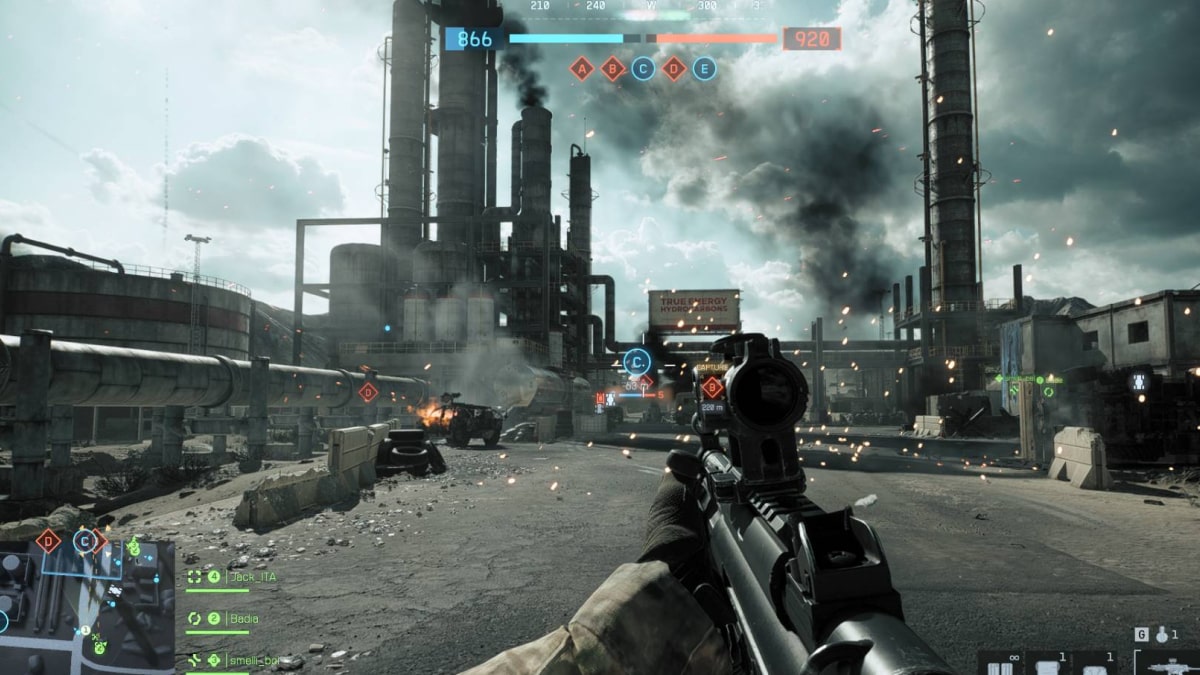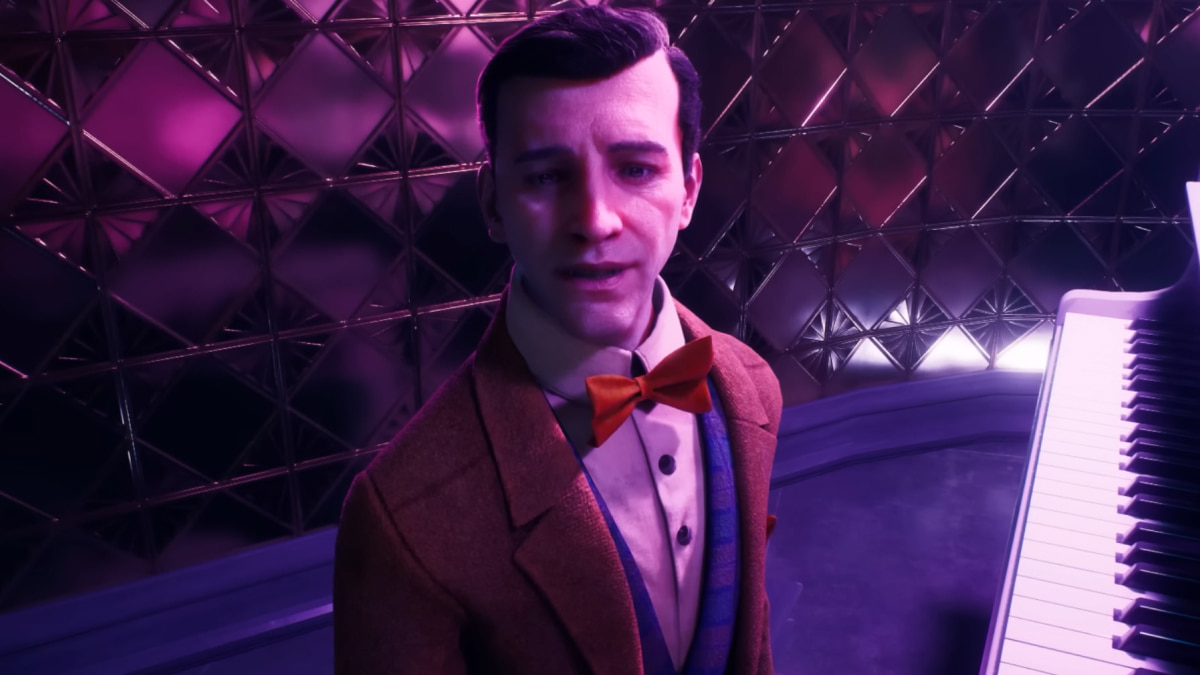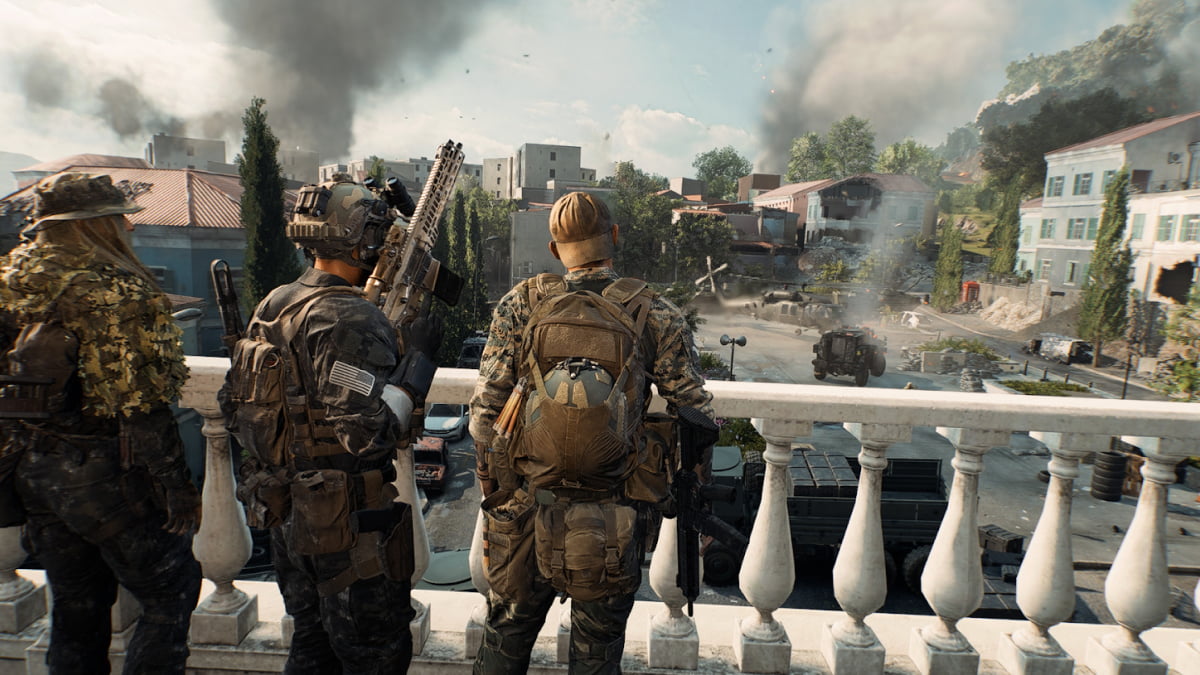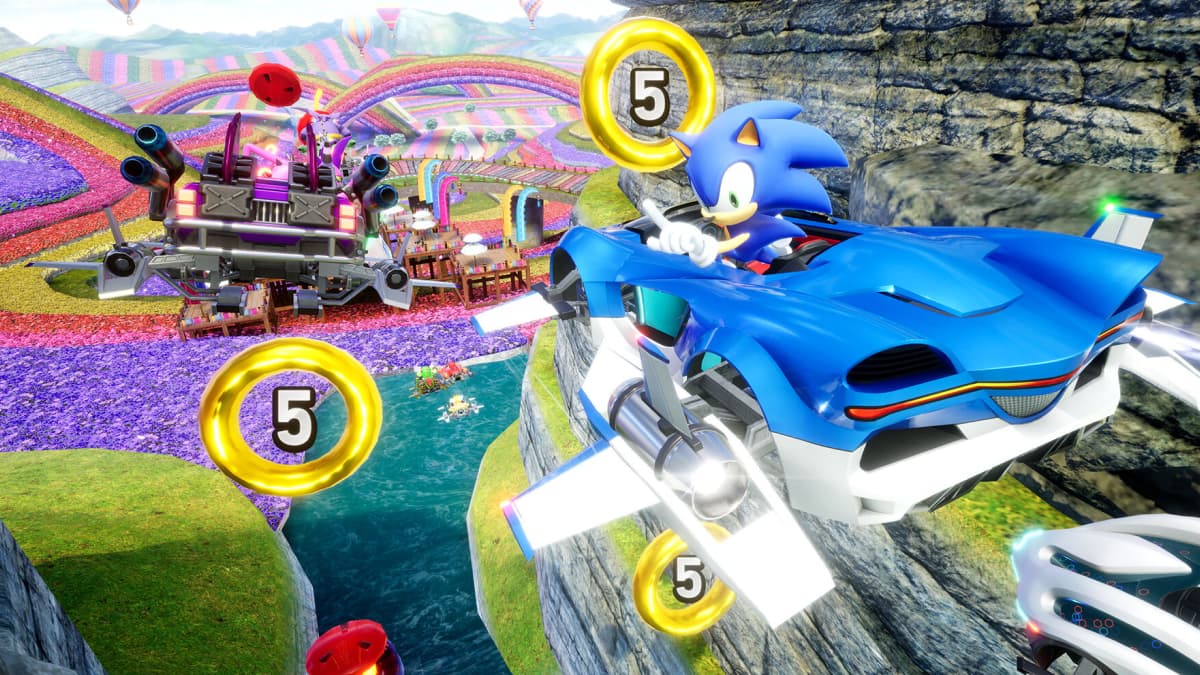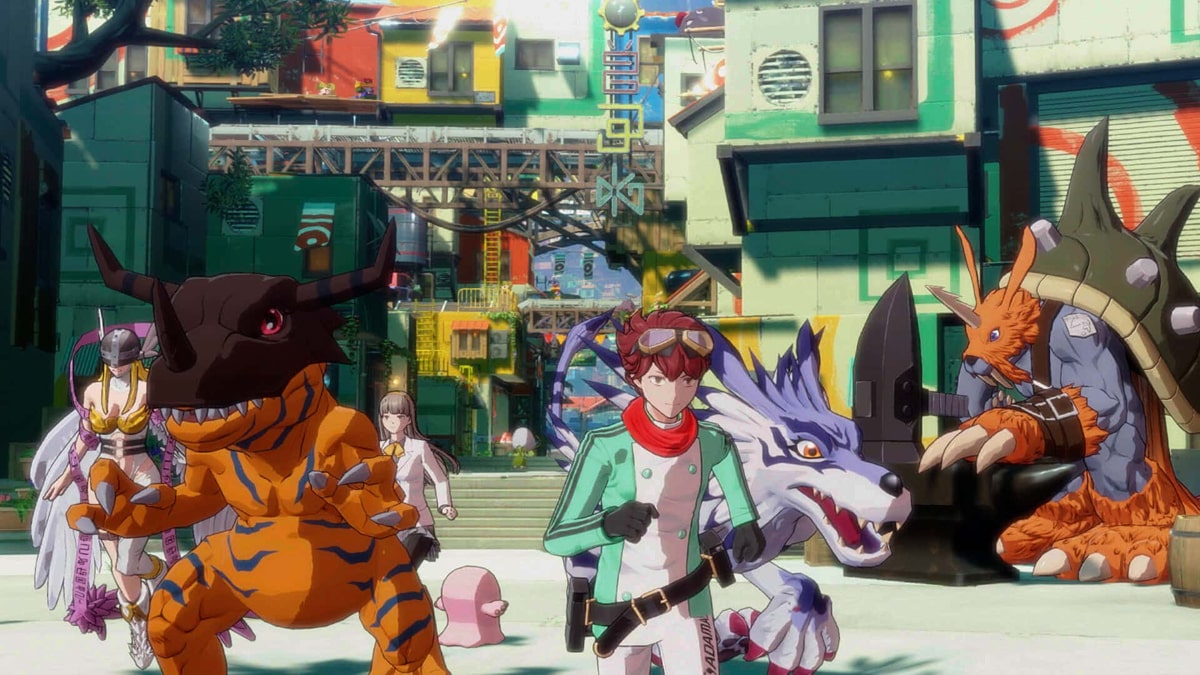You can trust VideoGamer. Our team of gaming experts spend hours testing and reviewing the latest games, to ensure you're reading the most comprehensive guide possible. Rest assured, all imagery and advice is unique and original. Check out how we test and review games here
Sam Fisher might be best known for his adventures on the home consoles and the PC, but he’s no stranger to handhelds. He’s appeared in games on the GBA, Nintendo DS, mobile phones, and now on the Sony PSP. With the power of the PSP it was surely a no brainer to bring the stealthy action hero to the handheld, but things don’t always turn out as you’d expect. Unfortunately for Splinter Cell fans, Sam’s PSP debut is far too clunky to ever be enjoyable.
Splinter Cell Essentials starts with Sam trying to visit his daughter’s grave on the anniversary of her death. He’s been linked with terrorist activity though, so Homeland Security pick him up and demand some answers. What follows is a series of missions from each of the Splinter Cell games (including the forthcoming Double Agent), as Sam tries to explain what happened. Veterans to the series will certainly remember a number of the levels, but enemy placement and environment layout has been changed during the port to the PSP. Still, this isn’t the completely original PSP game that many would have hoped for.
Set over nine levels (plus three bonus levels), Essentials plays exactly like you’d expect a Splinter Cell game to play, at least in terms of moves and tools available to you. The vision modes, split jumps, stealth kills, overhead climbs and all the rest are included, but the way you take control feels very wrong. With the PSP only featuring one analogue stick, it’s almost impossible to play with any fluidity. Moving the camera requires you to stand still, hold the Circle button, and then look around. This has to be done over and over again as the camera simply doesn’t think for itself. You can opt to use another control scheme, but this is just as awkward, making the game a real chore to play.
The camera system isn’t helped by a general inability to see things. We all know that Sam Fisher likes to work in the dark, but Essentials takes darkness to new levels. To make matters worse, your trusty night vision isn’t available in all missions. Spotting enemies in the standard vision mode is incredibly hard, and on more than one occasion you’ll turn around to be greeted by a few bullets to the head. When you draw a weapon the controls actually become much more workable, with the analogue stick controlling aim and the face buttons letting you strafe, but you can’t stay in this mode forever as movement is far too slow.
Aside from the pain caused by the camera, you won’t be troubled on too many occasions. Enemies exhibit some very basic AI that will see them totally ignore killed comrades, and they can walk within a few inches of your position (even when you’re not in complete darkness) and not see you. The game uses the familiar checkpoint save system, but also allows you to save at any time. The downside to this is that saving seems to take forever, meaning you might decide to stick to the predefined save points.
A competitive two-player mode has also been included, but is unfortunately limited to local wireless play. Unlike in recent Splinter Cell games, you can only play as Spy vs. Spy (no Mercs here), and you’re limited to four maps. One-on-one duels really aren’t suited to the Splinter Cell gameplay, and most matches boil down to who can stab the other player first, all time battling against a fluctuating frame rate. Enhanced vision modes help solve the extreme darkness problem, but these can only be used while there’s enough juice left in the battery.
Some horrendous clipping problems (the sight of Sam’s face as seen through the back of his head isn’t pretty), rough textures and a general drabness, make Splinter Cell Essentials a pretty ropey looking game. It’s not ugly, and this is on the PSP after all, but it’s not the visual tour de force usually associated with the series. Sound, on the other hand, isn’t bad at all, and even helps alleviate some of the camera issues. By listening to the sound of footsteps you can often hear enemies way before you spot them, especially if you’re using headphones.
While it’s great to see the most popular franchises on new hardware, developers really need to learn what works on the PSP. Splinter Cell Essentials is an example of a game that simply isn’t suited to the control limitations of the PSP. If you can get past the camera issues (which is a big ask), you’re still going to have a less than brilliant experience due to the dumb AI. Splinter Cell is one of the great modern franchises, but you wouldn’t know it if this was your first experience with Sam Fisher.
/https://oimg.videogamer.com/images/2d89/tom_clancys_splinter_cell_4__8.jpg)

